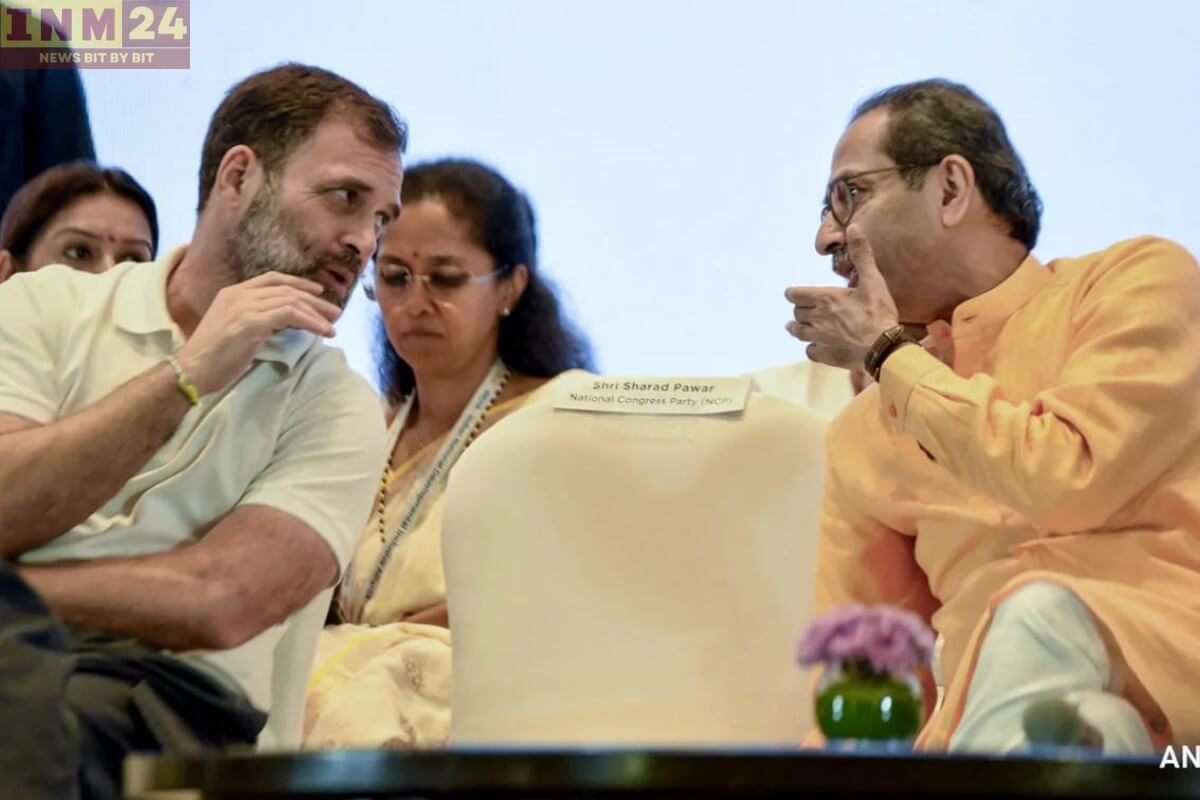In a significant development, the allocation of opposition seats in Maharashtra has been finalized, marking a crucial milestone in the state’s political landscape. As per the agreement, the Congress party is set to contest in 18 constituencies, reflecting a strategic move towards consolidating opposition unity ahead of the upcoming elections.
Opposition Seat Allocation: Crucial Aspect of Maharashtra’s Political Landscape
The allocation of seats among opposition parties holds immense significance in Maharashtra’s political arena, particularly amidst the backdrop of evolving alliances and shifting dynamics. With the state assembly elections looming on the horizon, the finalized deal underscores the collective efforts of opposition parties to present a united front against the ruling government.
The decision for the Congress party to contest in 18 seats comes after extensive deliberations and negotiations among key stakeholders within the opposition camp. This strategic allocation aims to optimize the electoral prospects of opposition candidates while ensuring equitable representation across different regions of the state.
The sealing of the seat-sharing agreement reflects a pragmatic approach towards coalition politics, wherein parties strive to maximize their electoral gains by leveraging collective strengths and resources. By distributing seats judiciously, opposition parties aim to enhance their chances of securing a significant number of victories in the upcoming elections.
Congress Party’s Electoral Strategy in Maharashtra: Leveraging 18 Seats for Growth
For the Congress party, the allocation of 18 seats presents an opportunity to consolidate its electoral base and expand its footprint across Maharashtra. With a carefully curated list of constituencies, the party aims to field candidates who resonate with the aspirations and concerns of the electorate, thereby bolstering its prospects in the electoral arena.
Moreover, the finalized deal underscores the broader objective of opposition unity in Maharashtra, wherein parties transcend individual interests to prioritize the larger goal of providing effective governance and addressing the needs of the people. By forging alliances and coordinating their electoral strategies, opposition parties aim to offer a credible alternative to the ruling dispensation.
As Maharashtra braces itself for the upcoming assembly elections, the finalized deal for opposition seats sets the stage for a fiercely contested political battle. With the Congress party poised to contest in 18 constituencies, the opposition camp seeks to capitalize on prevailing anti-incumbency sentiments and capitalize on the electoral opportunities presented by the upcoming polls.
The sealing of the deal for opposition seats in Maharashtra represents a significant development in the state’s political landscape. With the Congress party set to contest in 18 constituencies, the opposition alliance aims to mount a formidable challenge to the ruling government. As the electoral campaign gains momentum, all eyes will be on Maharashtra as political parties vie for supremacy in the state assembly elections.
